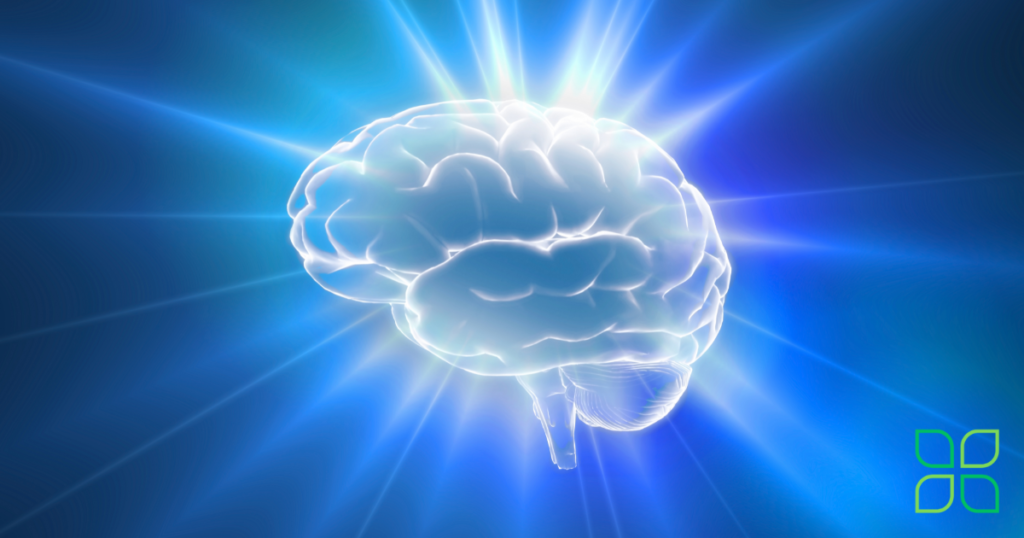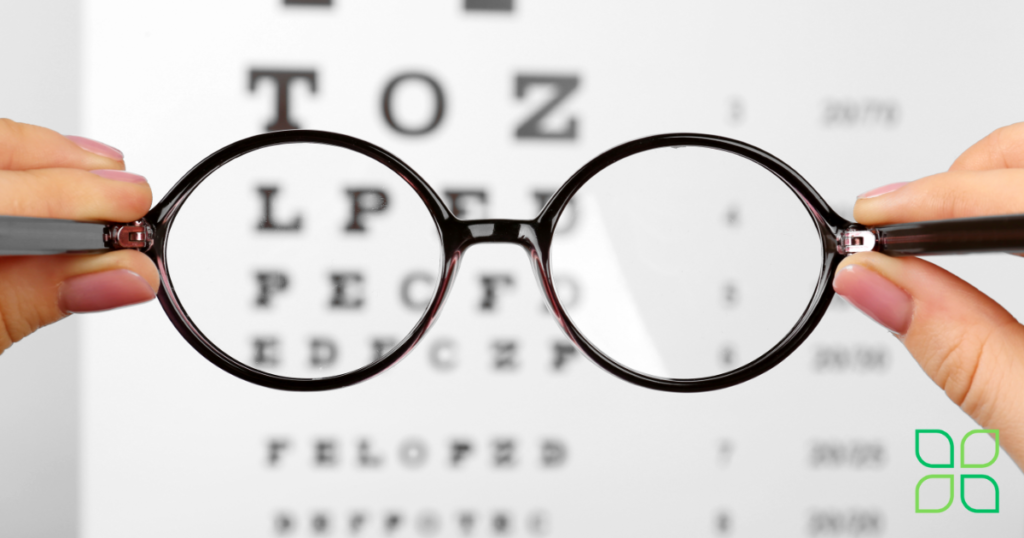Top 10 Health Benefits of Eating Crab

When it comes to seafood, crab is often considered a delicacy. However, beyond its delicious taste, crab offers a wealth of health benefits that make it a great addition to your diet. In this blog post, we will explore the top 10 health benefits of eating crab, backed by scientific research and nutritional facts.
1. High in Protein
Crab is an excellent source of high-quality protein, which is essential for muscle growth, repair, and overall body function. A 100-gram serving of crab meat provides about 18 grams of protein, making it an ideal choice for those looking to increase their protein intake.
2. Rich in Omega-3 Fatty Acids
Crab is packed with omega-3 fatty acids, which are known for their heart-healthy benefits. Omega-3s help reduce inflammation, lower blood pressure, and decrease the risk of heart disease. Consuming crab regularly can contribute to improved cardiovascular health.
3. Supports Brain Health
The omega-3 fatty acids found in crab also play a crucial role in brain health. They help improve cognitive function, reduce the risk of neurodegenerative diseases, and support overall mental well-being. Including crab in your diet can help keep your brain sharp and healthy.

4. Boosts Immune System
Crab is rich in essential vitamins and minerals, including zinc, selenium, and vitamin C. These nutrients are vital for a strong immune system, helping your body fight off infections and illnesses more effectively.
5. Promotes Bone Health
Calcium and phosphorus are important minerals for maintaining strong and healthy bones. Crab meat contains both of these nutrients, making it a great food for supporting bone health and preventing osteoporosis.
6. Aids in Weight Management

With its low calorie and high protein content, crab is an excellent food for those looking to manage their weight. It helps you feel full and satisfied, reducing the likelihood of overeating and aiding in weight loss efforts.
7. Improves Skin Health
The antioxidants and omega-3 fatty acids in crab can help improve skin health. They reduce inflammation, promote collagen production, and protect the skin from damage caused by free radicals. Regularly eating crab can lead to healthier, more radiant skin.
8. Enhances Eye Health
Crab is a good source of vitamin A and other antioxidants that are essential for eye health. These nutrients help protect the eyes from oxidative stress and reduce the risk of age-related macular degeneration and other eye conditions.

9. Supports Thyroid Function
Selenium, which is abundant in crab, plays a crucial role in thyroid function. It helps regulate thyroid hormones and supports overall metabolic health. Including crab in your diet can contribute to a healthy thyroid and improved metabolism.
10. Provides Essential Nutrients
Crab is a nutrient-dense food, providing a wide range of essential vitamins and minerals. It contains B vitamins, iron, magnesium, and copper, all of which are important for various bodily functions and overall health.
Conclusion

Incorporating crab into your diet can offer numerous health benefits, from improved heart and brain health to enhanced immune function and weight management. Its rich nutritional profile makes it a valuable addition to a balanced diet. So, the next time you’re planning a meal, consider adding this delicious seafood to your menu and enjoy the many health benefits it has to offer.
